Understanding Your House Fuse Box
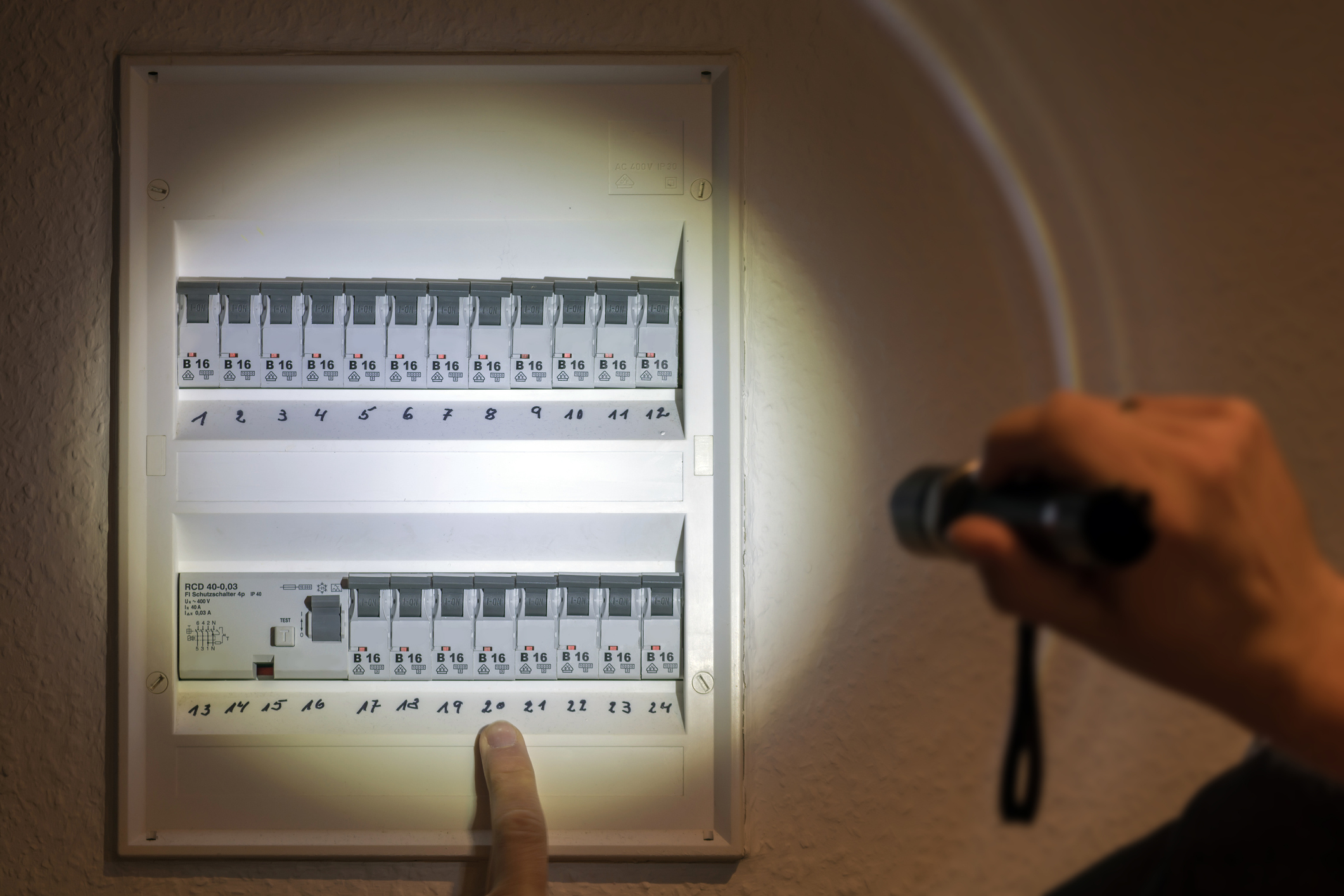
Understanding the electrical system in your home is essential for ensuring safety and efficiency. One critical component of this system is the house fuse box. Often referred to as a fuse panel or breaker box, this central hub manages the electrical flow to different parts of your home. In this guide, we’ll explore what a fuse box is, what it looks like, common issues, and maintenance tips.
What is a Fuse Box?
A fuse box, or home fuse box, is a crucial part of your home’s electrical system. It distributes electricity to various circuits throughout the house. Each circuit is protected by a fuse or a circuit breaker, which interrupts the electrical flow in case of an overload, preventing damage to the wiring and potential fires.
What Does a Fuse Look Like?
Fuses come in various shapes and sizes, depending on their application. Typically, they are cylindrical with metal caps at both ends, enclosing a thin metal strip that melts when too much current flows through it. This melting breaks the circuit, cutting off the electrical supply to prevent damage.
Types of Fuses for House Use
There are several types of fuses used in house fuse boxes:
- Cartridge Fuses: These are cylindrical and used for higher current circuits. They are found in older homes and are gradually being replaced by circuit breakers.
- Plug Fuses: Common in older homes, these screw into sockets within the fuse panel. They are designed for lower current circuits, such as lighting and small appliances.
Understanding the Fuse Panel
The fuse panel, also known as the breaker box fuse panel, is typically located in a utility room, basement, or garage. It houses all the fuses or circuit breakers and serves as the main distribution point for electrical circuits. Each fuse or breaker is connected to a specific circuit in your home, controlling the power to outlets, lights, and appliances.
Common Issues with House Fuse Boxes
Over time, fuse boxes can develop problems that affect the electrical system’s efficiency and safety. Here are some common issues:
- Blown Fuses: If a fuse blows frequently, it indicates an overloaded circuit or a short circuit. This is a sign that you may need to redistribute your electrical load or upgrade your system.
- Corrosion: Moisture and humidity can cause corrosion on the fuse contacts, leading to poor connections and potential failures.
- Loose Connections: Over time, connections within the fuse box can become loose, causing intermittent power failures and increased fire risk.
Maintaining Your Home Fuse Box
Proper maintenance of your home fuse box is crucial for ensuring a safe and reliable electrical system. Here are some tips:
- Regular Inspections: Check your fuse panel periodically for signs of wear, corrosion, or loose connections.
- Replace Old Fuses: If you live in an older home with a fuse box, consider upgrading to circuit breakers for improved safety and reliability.
- Keep It Dry: Ensure that your fuse box is in a dry location, away from moisture and humidity, to prevent corrosion.
- Professional Inspection: Have a licensed electrician inspect your electrical system annually to identify and address any potential issues.
Upgrading to Circuit Breakers
Many older homes still use fuses, but modern homes are equipped with circuit breakers. Circuit breakers offer several advantages over fuses:
- Resettable: Unlike fuses, which need to be replaced after they blow, circuit breakers can be reset with a simple switch.
- More Reliable: Circuit breakers are more reliable and provide better protection against electrical faults.
- Easier to Manage: Managing and troubleshooting electrical issues is easier with circuit breakers compared to fuses.
Safety Tips for Your Fuse Box
- Label Each Circuit: Ensure that each circuit in your fuse panel is clearly labeled. This will make it easier to identify and address issues.
- Don’t Overload Circuits: Avoid plugging too many devices into a single outlet or circuit to prevent overloads.
- Use the Right Fuses: Always use the correct type and rating of fuses for your circuits to ensure proper protection.
When to Call a Professional
While some maintenance tasks can be handled by homeowners, it’s essential to know when to call a professional electrician. Here are some scenarios where professional help is necessary:
- Frequent Blown Fuses: If you experience frequent blown fuses, it’s a sign of a deeper issue that needs professional attention.
- Electrical Upgrades: If you’re renovating or adding new appliances, a professional can ensure your system can handle the increased load.
- Inspection and Maintenance: Annual inspections by a licensed electrician can help prevent issues before they become serious problems.
Conclusion
Understanding your house fuse box is crucial for maintaining a safe and efficient electrical system. Regular inspections, proper maintenance, and knowing when to call a professional can help prevent issues and ensure your home’s electrical system runs smoothly.
If you need help with your house fuse box or any other electrical needs, don’t hesitate to contact Chesapeake Electric. Our team of licensed electricians is ready to assist you with inspections, upgrades, and repairs to keep your home safe and powered. Contact us today for all your electrical needs!
Recent Posts

January 23, 2026
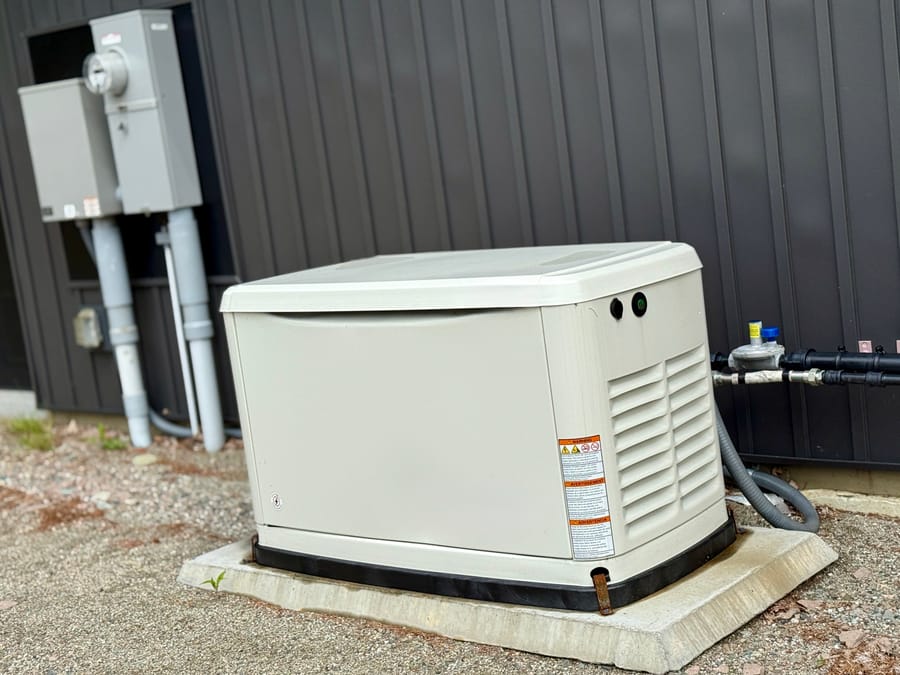
January 22, 2026
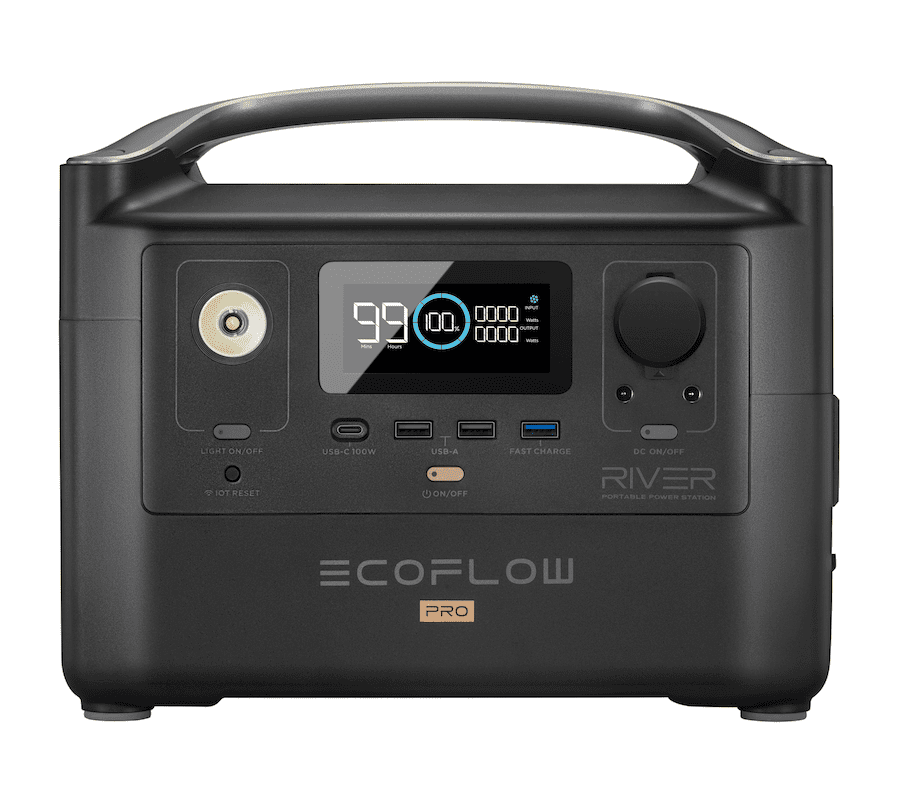
January 21, 2026
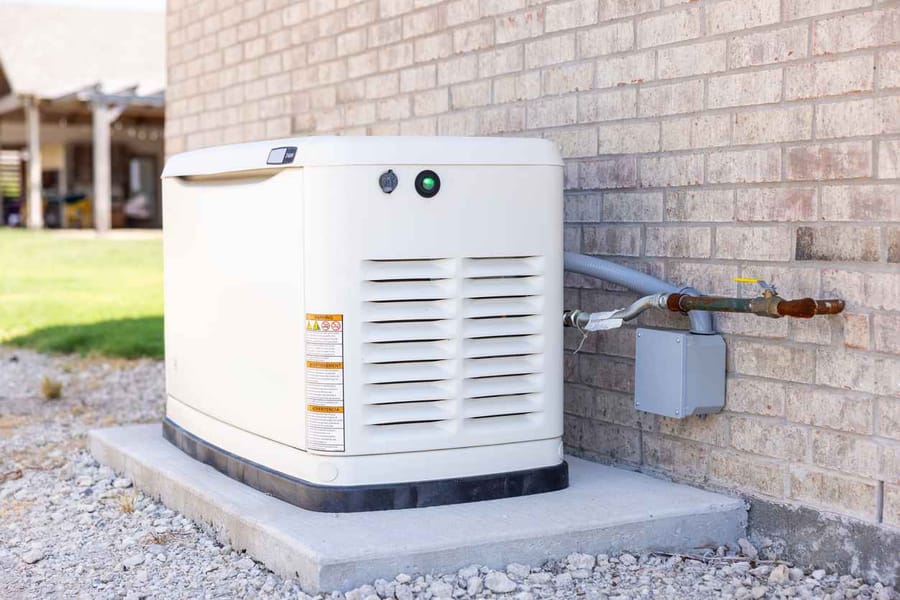
December 19, 2025

December 19, 2025
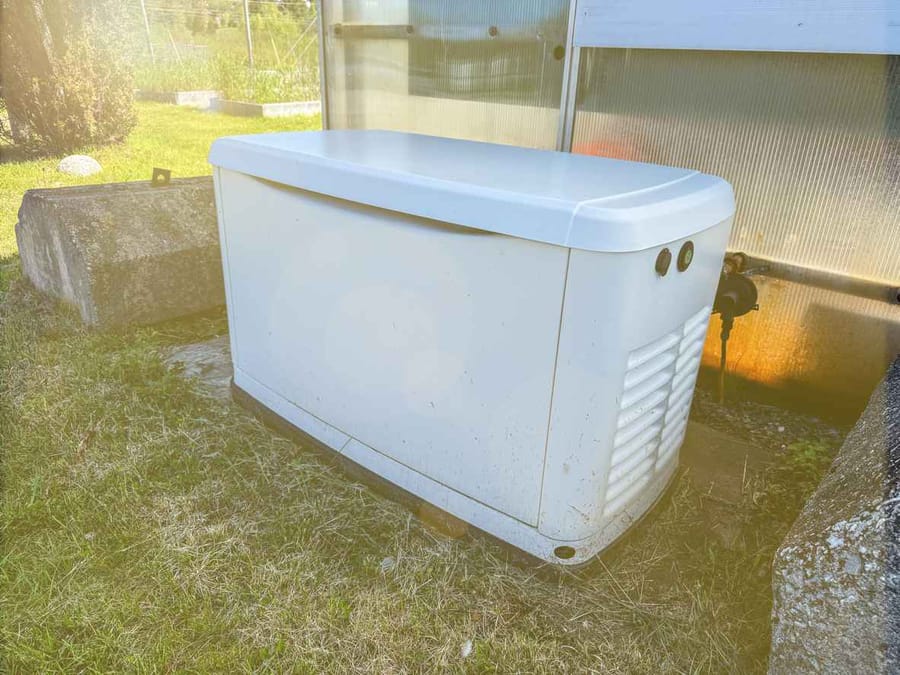
December 19, 2025
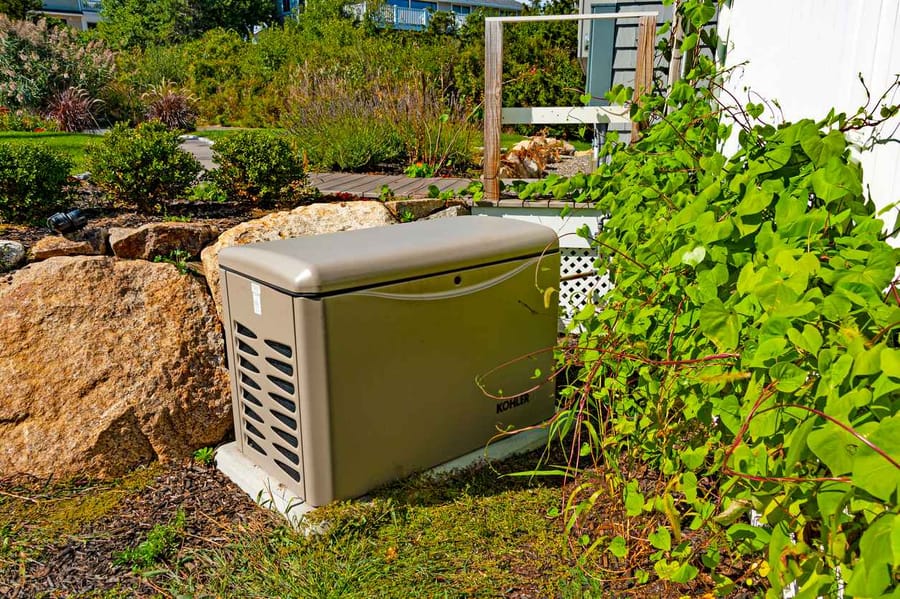
November 21, 2025